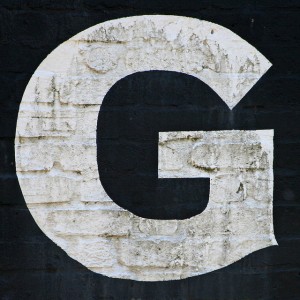Gentrification? Try Gentefication.

Leo Reynolds / Flickr
Gentrification, the "G" word, can be a very loaded term.
We write plenty about gentrification here on DCentric, which can be a very loaded word. But what about “gentefication?” According to our sister blog Multi-American, gentefication is “the process of upwardly mobile Latinos, typically second-generation and beyond, investing in and returning to the old neighborhood.” The “gente” comes from the Spanish word for “people.”
Gentefication is being used to describe what’s happening in L.A.’s Boyle Heights neighborhood, where Latino investors are developing low-income areas, with businesses attracting second-generation and English-speaking crowds. Some low-income locals of Mexican descent are worried they’ll be displaced by all of this development, even if the business owners are Latino, too.
In D.C., gentrification has taken hold in working class black and Latino neighborhoods, and most of D.C.’s well-to-do newcomers are white; in a city that’s mostly black, 60 percent of households making more than $75,000 are white, according to census data. Therefore the word “gentrification” in D.C. tends to imply neighborhood changes have to do with class and race.
But gentrification, even in the District, isn’t always about race. Take Anacostia, where the gentrification that’s starting to occur is class-based; professional African Americans are settling in the predominately black, low-income area. And just as in L.A.’s Boyle Heights, some of these newcomers have roots in the city and are returning to the places they grew up. So is gentrification the best way to describe what’s happening in Anacostia, or do we need a new word, too?
-
one man’s opinion
-
http://profiles.google.com/justupthepike Dan Reed
-
http://thegreatermarin.wordpress.com/ OctaviusIII
-
http://twitter.com/Eleytown Carlton Eley






